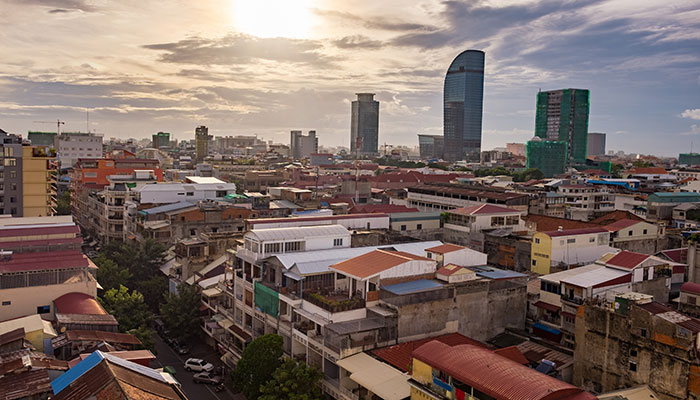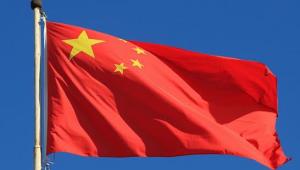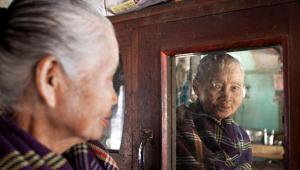web_phnom-penh_istock-619275320.jpg

Phnom Penh, Cambodia. iStock
Speaking at the Royal University of Law and Economics in Phnom Penh today, Mitsuhiro Furusawa congratulated Cambodia on its progress, but warned that challenges remain.
The Cambodian economy has been in the top 10 fastest growing for the past two decades, helping the country to graduate to lower-middle income status and sharply reduce poverty. The fund expects it will grow by another 7% this year.
Furusawa said this is a result of “hard-won” economic stability. He continued: “This is reflected in relatively low inflation, increasing international reserves, modest fiscal deficits and low public debt, and prudent economic policies.”
However, he noted, the country still faces high energy costs, insufficient supplies of electricity and “shortcomings” in its transportation network, despite increasing public investment.
“Good governance is essential if Cambodia is to compete against other countries that also aspire to move up the ladder of development,” he added.
As the country progresses – and wages and costs rise – he warned there will be many other countries “happy to lure” away the garment factories that form one of the key pillars of economic growth in Cambodia.
“Competition in this market is tough,” he noted. “The global garment industry has thrived by relocating production to countries offering the lowest costs.
“Growth likely will decline if the economy does not become more diversified.”
Furusawa also highlighted the relative difficulty of doing business in Cambodia, an “underdeveloped” financial system and lagging education and health standards as challenges going forward.
Schools need to provide young Cambodians, who are competing against hundreds of millions of others from around the world, with up-to-date training and the skills needed to obtain good jobs, he explained.
“The issues I have described are not unique to Cambodia,” he continued. “Many countries face the same challenges. What is needed is the appropriate response.
“These issues may appear to pose less risk at this moment of strong growth, but they can become more critical if circumstances change – here in Cambodia or in the outside world.”













